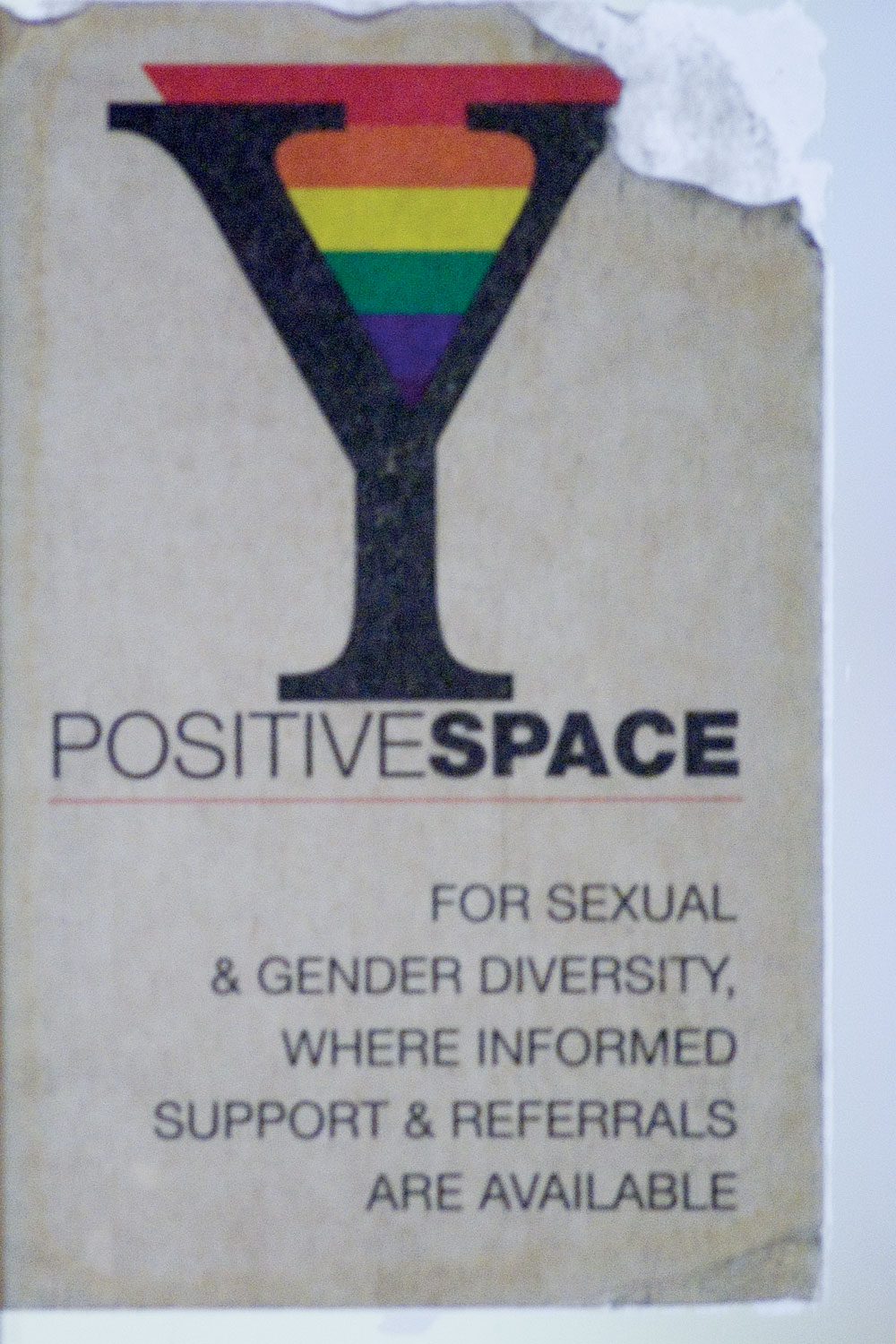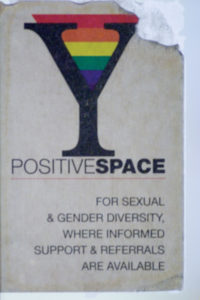Roshan Odina and Alleyna Vuong
Contributors
People still struggle to have their voices heard.
Some of those voices belong to those struggling because of a lack of tolerance towards their their sexual orientation. People are suffering because of widespread injustice, prejudice and discrimination against those in the queer and trans community.
Tyler Clementi, an 18-year-old student at Rutgers University in New Jersey, recently committed suicide by jumping from the George Washington Bridge after his roommate, Daharun Ravi, livestreamed his sexual encounter in his dorm room and outed Clementi via social networking sites.
Now Ravi and Molly Wei, who assisted in the live streaming, face jail time for invasion of privacy. Both can face up to five years if found guilty.
There is no concrete evidence Clementi committed suicide because of the exposure, but it was undoubtedly a contributing factor. After his death became public, an outpouring of support for the Clementi family emerged on a global scale, along with anger over whether or not Ravi and Wei should also be charged with hate crime.
Tragically, this isn’t the only incident of its kind, involving the sensitivity of privacy, suicide and discrimination. “The case is not an individual problem: this is a societal problem,” said Sean Hillier, an MA candidate for critical disabilities.
Osgoode student Christie Gibson noted “social networking has its consequences and it is unfortunate because the university should be able to handle these situations in a proactive way.”
Although the debate rages on about whether or not Ravi’s actions constitute hate crime, Hillier mentioned that under the Criminal Code of Canada, Ravi could be charged.
“What he did was promote hate against an individual and therefore it should fall under the law; however, the law in the U.S. is very different and I doubt it ever would be argued that way.”
Sexual orientation is included under the Canadian Charter of Rights and Freedoms which prohibits any form of discrimination. The Equality Rights Sec. 15 (1) states “Every individual is equal before and under the law and has the right to the equal protection and equal benefit of the law without discrimination and, in particular, without discrimination based on race, national or ethnic origin, colour, religion, sex, age or mental or physical disability.”
These rights are meant to be upheld and understood.
The LGBT community at York should be made aware of any situations that occur. York University offers a safe space, and resources and support to anyone who feels discriminated because of their sexual orientation.
The people with York’s LGBT organization, TBLGAY, are happy to help everyone, so please visit them (www.yorku.ca/tblgay/). Hillier, who is active in the LGBT community, mentioned some of the great services they offer.
“[They have] staff programs which give training on how to deal with the LGBT community [the Y-Positive space programs] to LGBT student groups, and gay pub nights once a month,” he said. “The university is trying to work closely with all groups to make campus as inclusive as possible, but that work can never be done, because there are always things that can be improved.”
Additionally, anyone who’s faced discrimination and would like to get justice can go to the Office of Student Conflict Resolution, which upholds the Student Code of Rights and Responsibilities, to file incidents.
That way, we can enforce those rights and, hopefully, end discrimination. The Counselling and Disability Center is another great place that offers support and a space to be heard.
Equality only works when everyone is willing to work for it. Let’s all work together so no one will have to go through an ordeal like Tyler’s. Help enforce rights and end discrimination.



